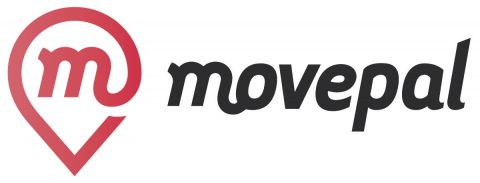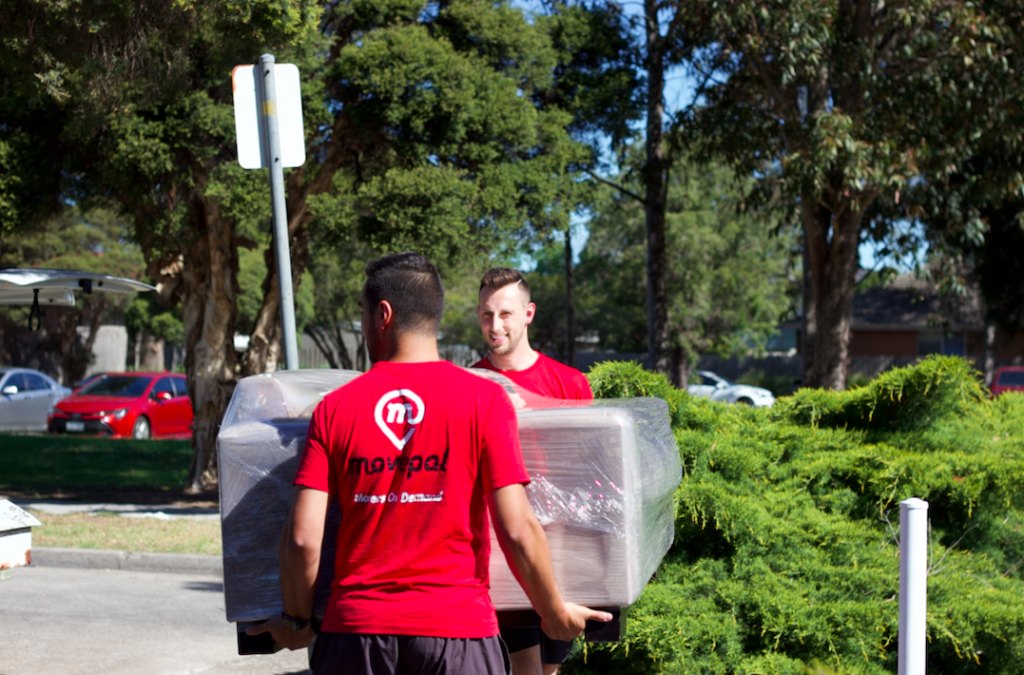Technology, Solutions and Innovations PR
The Benefits And Differences For South Africans Doing Business In Australia
And there are also many elements that will make you feel right at home too, such as the language, lifestyle, outdoors, sports culture and, of course, the vibrant South African community already living there. But Peter Borain, a South African expat who has successfully set up MetroMovers and Movepal in Australia, explains there are many cultural and legal nuances that could make or break your enterprise.
Here Peter Borain shares, from his own extensive experience, some of the prime benefits for South Africans who want to invest in the Australian market. He also elaborates on some of the biggest differences and how to overcome them.
Establish a network
When Peter arrived in Australia 18 years ago, he didn’t have many connections in the Land Down Under. That severely limited the industries where he felt he could really be successful. He recalls that when he first arrived in Australia, “LinkedIn wasn’t even around” and other social media platforms were primarily for social connections. While having a strong network wasn’t as critical in Australian business circles as they are in South Africa, they do open a lot more doors and opportunities.
In recent years, social media, especially LinkedIn, has taken off in Australian business circles. And the larger, welcoming South African community living in Australia makes it easier to find connections through social media. So if you’re looking to establish a strong business network in Australia, it’s a good idea to start making connections there.
Monetary worth and stability
This may be an obvious point, but the Aussie dollar is worth a lot more than the rand (approximately 10:1), but more importantly, the Australian economy is relatively stable: “the pricing’s stable, the banking system is stable, the government’s very stable. So you know what’s going to happen. You can forecast things. You can plan. And I found in business that’s really beneficial.” If you can afford to, it’s just common smarts to have some investments in a second, stable economy, like Australia.
Higher labour standards and taxes
In the white collar positions, there are more similarities than differences between Australia and South Africa. The skill level, wages and work requirements are about equal. But in Australia, blue collar workers are more specialised, have higher qualifications and therefore demand a much higher pay grade.
For example, Australian gardeners are called ‘landscapers’ and it’s viewed as a specialised skill. Landscapers will usually have varying levels of horticulture certification. Whereas in South Africa, the people tending your garden are called ‘gardeners’ and they typically wouldn’t understand anything about horticulture or the dynamics of landscaping and professional gardening.
Quality skilled labourers in Australia will also commonly take responsibility for the outcome of their work, but unemployment is low (5.3%) and so they can also demand a higher wage. Considering the Australian government has set the current minimum wage at $18.93AUD, you will probably need to increase that offer a fair bit to attract quality, dedicated blue collar staff.
Employee taxes and insurance
In addition to the higher base pay, the labour laws and workers’ award in Australia are highly sophisticated and there’s a lot of red tape to plough through. For example, when you employ an Australian worker, aside from the base wage, you are required by law to pay an additional 9.5% of their wages into superannuation (retirement pension). You also need to account for Workers Compensation and Work Cover for every employee, which covers them in case of an accident or a long term illness. Then, once your labour force grows beyond a certain size, you’ll also need to start paying a Payroll Tax.
It would also be wise to note that some of these taxes are governed by the national Australian government, but others vary from state to state. And despite the complicated tax and insurance requirements, the Australian authorities are thorough, precise and the penalties are very steep.
This is a large part of why Peter recommends all new business ventures in Australia start with a recommended, industry specific accountant. You can find a good accountant online, or by referral from your network. A good accountant will be proactive, surprisingly informative and can “tell you exactly what you’re going to be up for. What you have got to watch out for.”
Another good set of resources to find out more about taxes and tariffs are the Australian Tax Office (ATO) and ASIC websites. These websites are clear, easy to navigate and kept up to date. In fact, Peter notes, “they are actually quite good at explaining the Australian market.”
Cultural Nuances

Finally, one of the biggest tripping points for South African entrepreneurs coming to Australia, Peter recounts, are the cultural nuances. He notes that there are many commonalities between the South African and Australian cultures, which they can lull you into a false sense of security. For example, Peter has found that in general, Australians take their lifestyle and personal time very seriously. In his experience, Australians also have a very laid back “wait and see” and “take it easy” attitude, yet on the whole, they are more careful with their words and concerned not to be too invasive, Peter notes. He’s found that Australians are much quicker to take offence than South Africans, but slower to let you know.
When the two cultures mix, it can cause quite a few misunderstandings, especially in business spheres. For example, most Australians won’t straight out reject a pitch, even if they are not interested. Or they may use ambiguous, gentle words that can be hard for the newly initiated to detect.
That’s why Peter advises that new South African entrepreneurs in Australia could probably stand to pull back a little bit. “Say less, listen more and ask questions.” That way you’ll pick up the cultural nuances more quickly and avoid too many misunderstandings along the way.
South African investors are invited to become early shareholders in movepal to help disrupt Australia’s $2 billion dollar moving and $44 billion dollar freight (and retail delivery) industries. Movepal is a chance to get in on the ground level of an offshore tech start-up investment opportunity, in an offshore currency, that has projected massive growth and potential.
Feel free to contact Peter Borain by email at peter@movepal.com.au for more information or for Australian investment opportunities.
For more information, visit: https://www.movepal.com.au.







 Sign-up and receive the Business Media MAGS newsletter OR SA Mining newsletter straight to your inbox.
Sign-up and receive the Business Media MAGS newsletter OR SA Mining newsletter straight to your inbox.